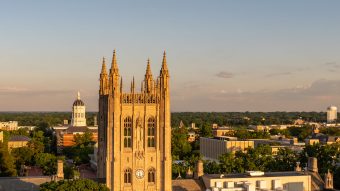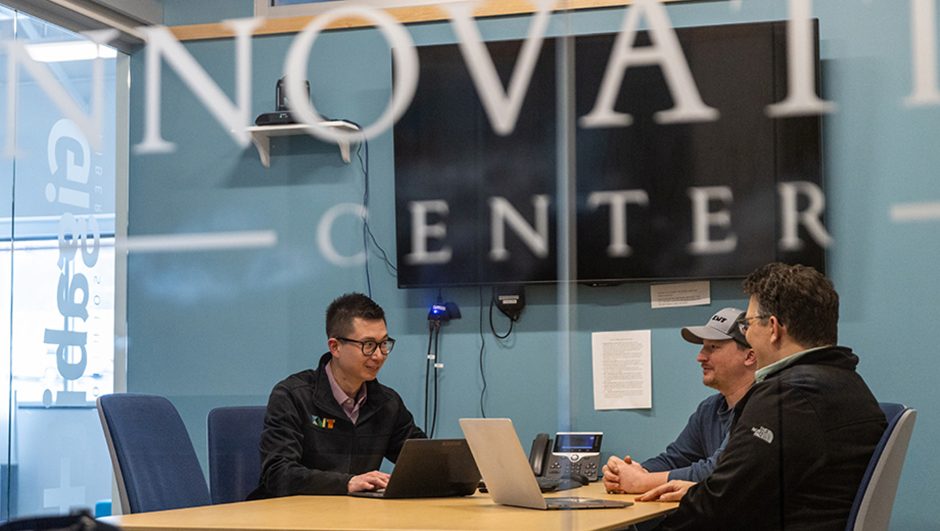
May 9, 2024
Faculty at leading research, land-grant institutions such as the University of Missouri juggle many roles. They teach and mentor students, write grants, conduct research, publish their work and engage the public. So what would motivate them to add “entrepreneur” to the list?
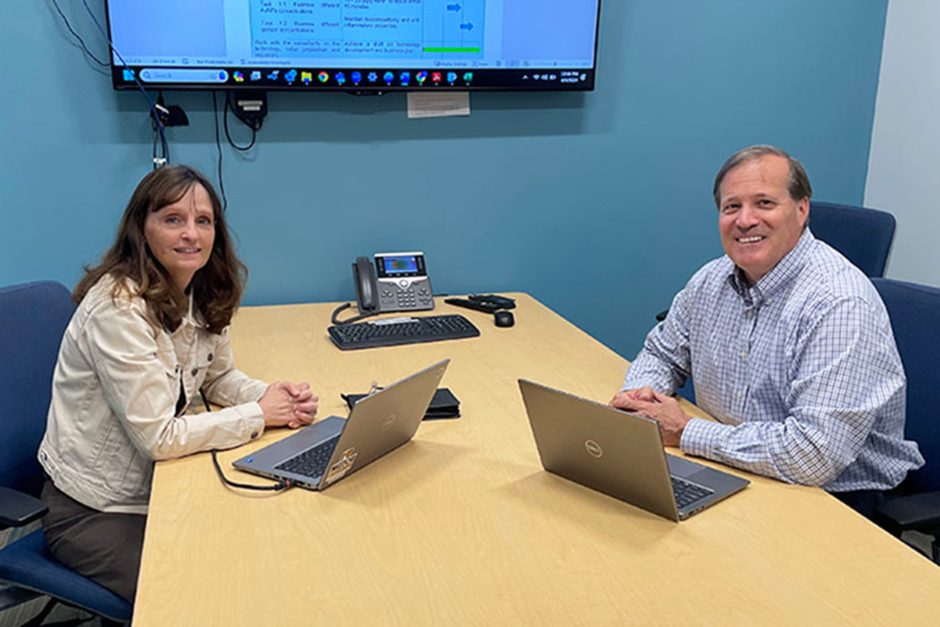
For Sheila and David Grant, starting a business gave them an opportunity to make a larger impact on the world. Their biomedical startup company, G5 Biological Innovations, is helping them bring their advances in soft tissue materials to orthopedic patients.
“Translational research is learning how to take discoveries made in the laboratory and translating them into viable products that can make a difference in the lives of others,” said Sheila Grant, a professor of chemical and biomedical engineering and a NextGen Precision Health building investigator. “That is an exciting and powerful thing to do. We knew that our discoveries could help improve patient outcomes.”
Incubate and elevate
G5 Biological is one of 17 companies currently located at the MU Life Science Business Incubator in the university’s Research Commons area off Providence Road. The Missouri Innovation Center (MIC) team manages and operates the incubator, which has served more than 200 resident and affiliate clients with early-stage businesses since it opened in December 2008.
Entrepreneurs who locate their businesses in the incubator can rent a single desk, private office or state-of-the-art web lab. They also can take advantage of mentoring, business counseling, grant writing assistance, educational programming, networking opportunities, shared equipment and other services.
Funding from the Missouri Technology Corporation, a public-private partnership created by the Missouri General Assembly to attract high-tech companies to the state, helps the MIC team support mid-Missouri entrepreneurs. The corporation awarded MIC a two-year, $325,000 grant in February and a $200,000 grant in 2023.
“The grants allow us to continue quality operations at very affordable prices that we couldn’t do otherwise,” said Quinten Messbarger, MIC president and CEO. “And they are allowing us to have appropriate staffing so we can deliver better incubation services to our clients and help more entrepreneurs, including those from the university.”
Faculty from any discipline can tap a rich variety of business-building resources, including those associated with MU’s new $5.5 million Accelerating Research Translation award from the National Science Foundation. Principal investigator Sheila Grant said the award will be used to set up a Technology, Entrepreneurship and Commercialization Hub, providing translational researchers with guidance and a pathway that incorporates MIC services.
Meet other Tigers at the incubator
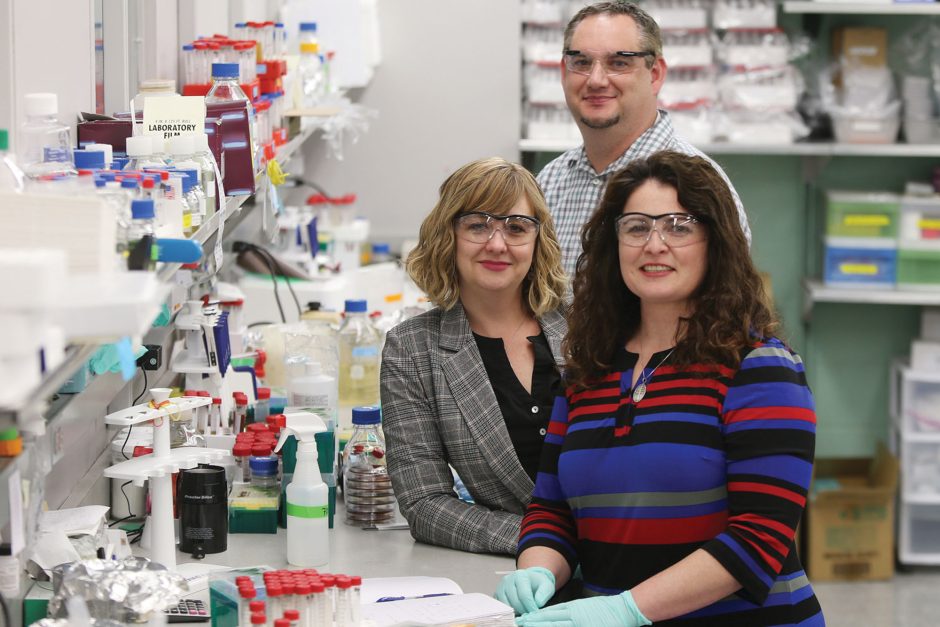
- Elemental Enzymes brings cross-disciplinary scientific solutions to complex problems impacting commercial agriculture. Their sustainable products use enzymes, peptides and biochemistries to safely improve plant and soil health, performance and yield.
Although Elemental Enzymes still maintains a small incubator space to preserve its Mizzou connections, the company's operations and most of its 125 employees are in St. Louis.
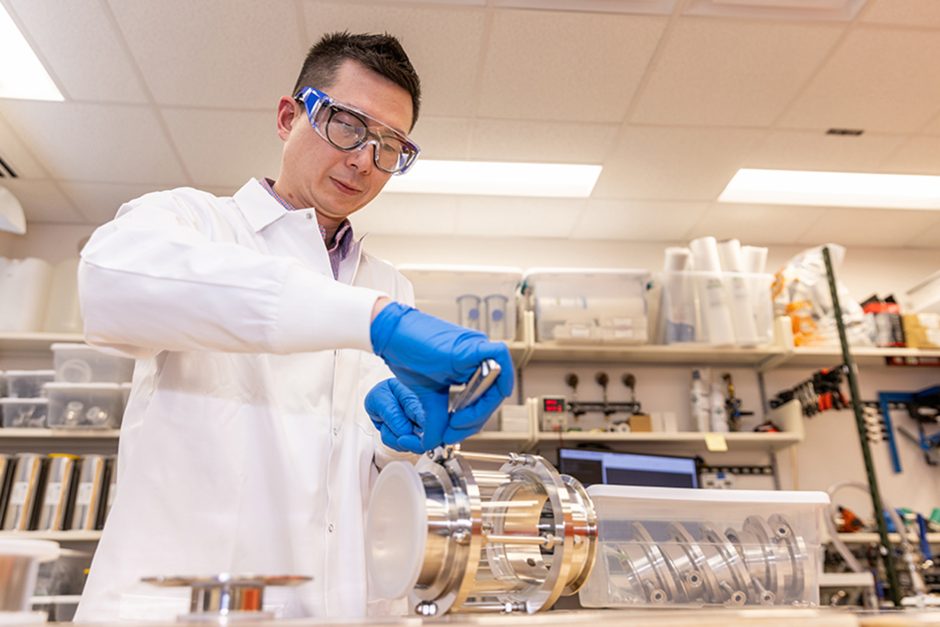
- Kremenak NanoTech is an early-stage startup company developing a cutting-edge cold pasteurizer system for the beverage production industry.
Jesse Kremenak, founder and CEO, said he felt fortunate to find the right kind of laboratory space in the incubator when he founded his company.
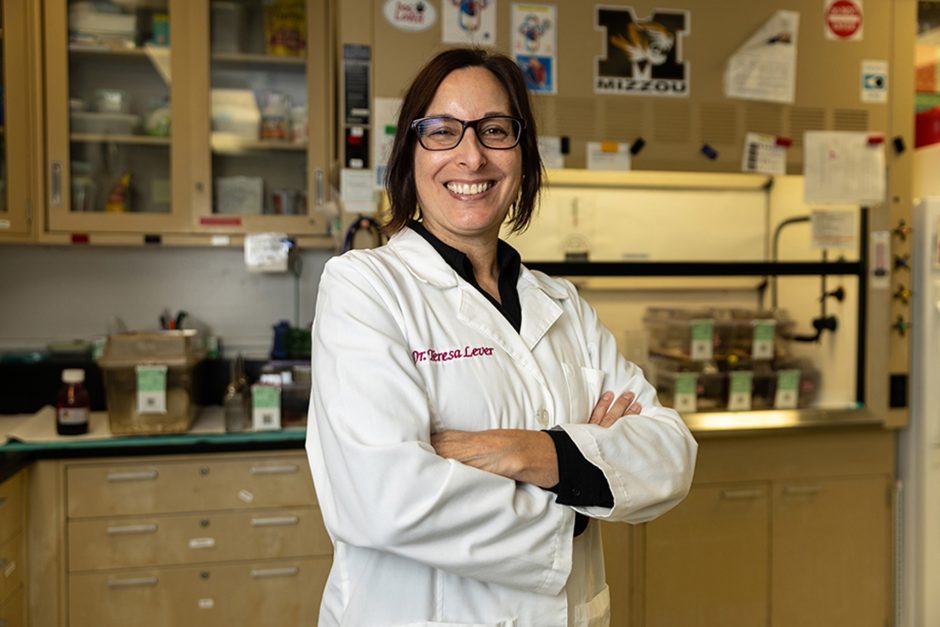
- Aerodigestive Health Corp. aims to advance aerodigestive health for humans and animals through game-changing innovations.
Clinician-scientist Teresa Lever, an associate professor of otolaryngology, is developing tools to objectively diagnose and treat swallowing impairments associated with neurological diseases, cancer, genetic disorders and aging. Renting space at the incubator gives Aerodigestive Health a professional image and allows her to leverage the resources, expertise and networks of the MIC staff and other companies in residence there.
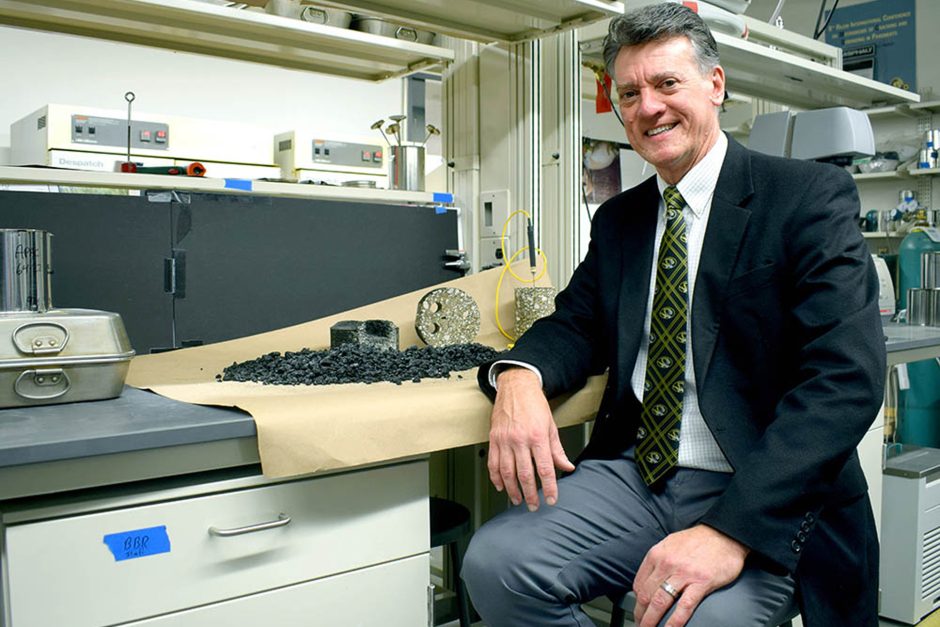
- Tiger Eye Engineering, an AI-based software development company, focuses on automated pavement inspection and generalized asset detection and characterization.
Bill Buttlar, Glen Barton Chair in Flexible Pavements, said his company's aim is to make the job of road owners and managers less daunting by providing them with highly accurate data presented on visualization dashboards. He said MIC adds value to its space by providing access to experts in grant proposal writing, NSF Innovation Corps (I-Corps) entrepreneurial training and Small Business Innovation Research (SBIR) programs.



